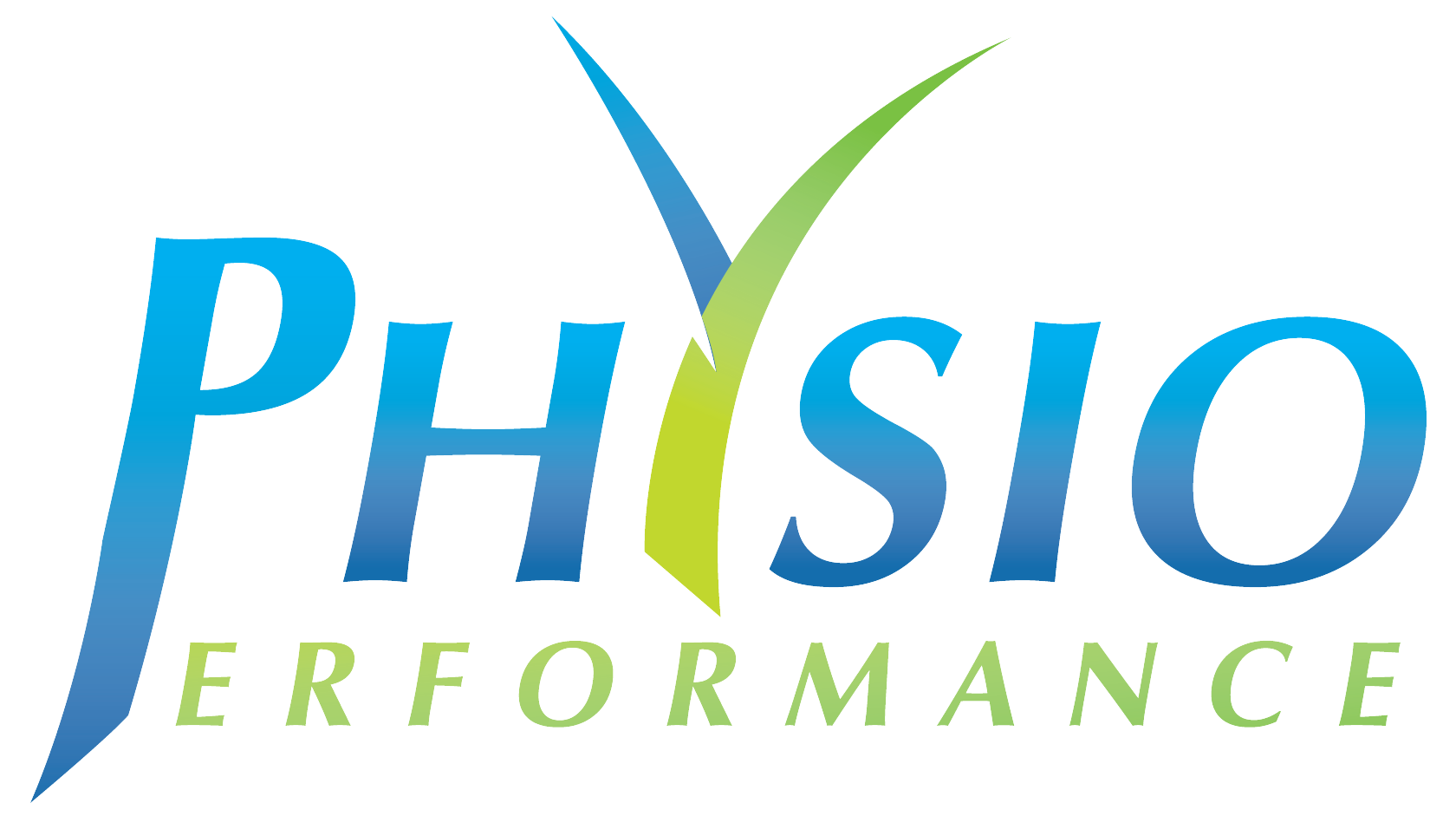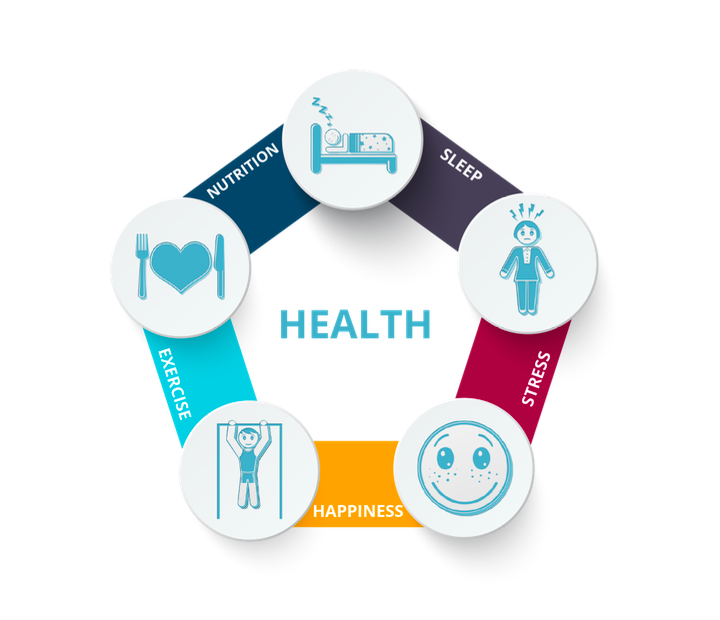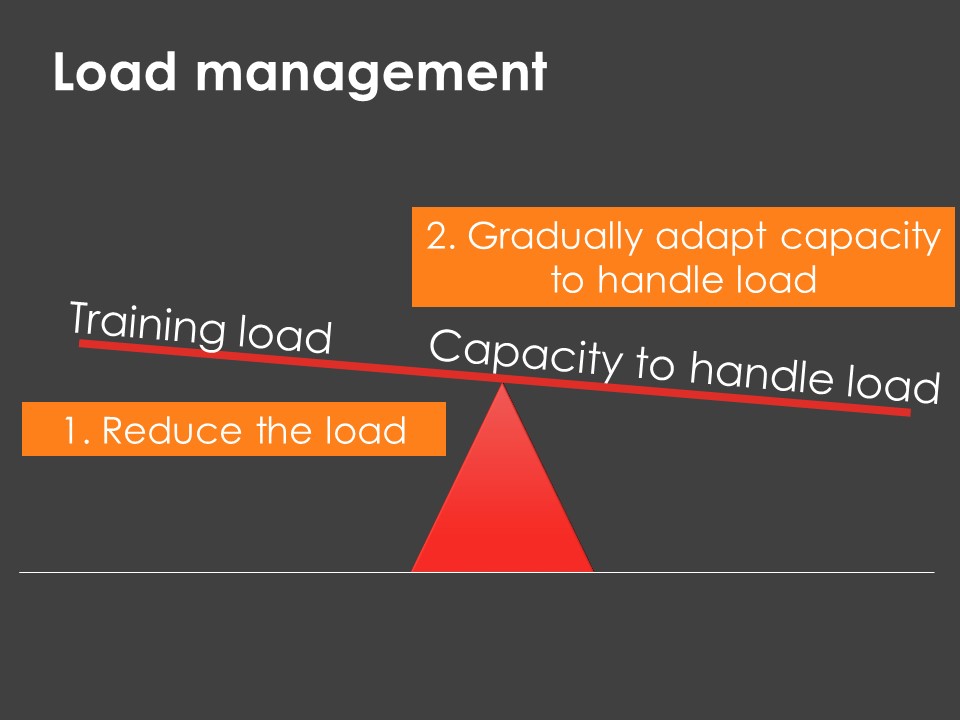Here at Physio Performance we treat a lot of teenagers on a weekly basis from different sports teams to every day injuries. Traction apophysitis is a term used for a group of ‘conditions’ that tends to affect children/teenagers who are having a ‘growth spurt’.
The two most common conditions are:
- Osgood-Schlatter’s Disease (Tibial apophysitis)
- Sever’s Disease (Calcaneal apophysitis)
Osgood-Schlatter’s disease tends to affect children aged 11- 15 and is more common in boys. The main symptom is pain just below the front of the knee; sometimes there is also a tender lump.
Often, the pain is noticed after a high level of physical activity but with rest it tends to settle. Osgood-Schlatter’s disease is probably the result of rapid growth and pulling of the quadriceps tendon around the growth plate of the knee during intense exercise.
Sever’s disease is most common in 9 – 12 year olds, and is more common in boys. It’s sore to squeeze the bone at the base of the Achilles where it attaches onto the heel. It’s not something that can be seen – it never seems to look red or swollen. It’s worse after sprinting, jumping, and hopping. It settles with rest.
Both Osgood-Schlatter’s and Sever’s disease are overuse injuries so it’s common in pre-season, anytime training loads increase too quickly, or in children who participate in multiple sports at the same time.
When we talk about excessive loads it can be “external” load such as:
- number of sessions
- length of sessions
- novel activity
- footwear
- ground surface
There are also “internal” variables that determine our ability to cope with the training load:
- nutrition
- stress
- sleep
- growth spurts
Sever’s disease and Osgood-Schlatter’s disease are self-limiting because the growth plate eventually fuses by the age of 15 or 16. But I don’t think there’s anyone who would be happy to just let it run its course until then.
It is usually sore enough to stop you participating in sport, so it needs treatment. Ultimately recovery comes down to load management. While some strength and stretching work may be helpful, reducing the stress on the area through load management is the key.
Load management means reducing the excessive loads. So this could be:
- less sessions/week
- shorter sessions
- less sprint work
And aid recovery with:
- plenty of sleep
- massage
- ice and Ibuprofen for pain relief when sore
Is your child or teenager struggling with growth spurt related issues?
From a diagnosis to advice to load management, Physio Performance is here to help you from start to finish!
Next step:
Want to get in touch with our team?
You can contact us on 041-9877059 or at info@physioperformance.ie. You can also book an appointment online with us HERE.



